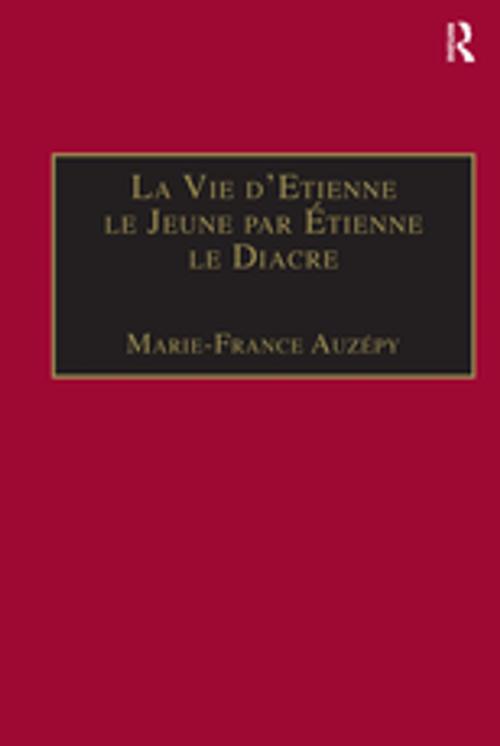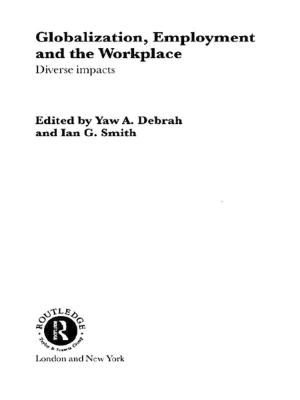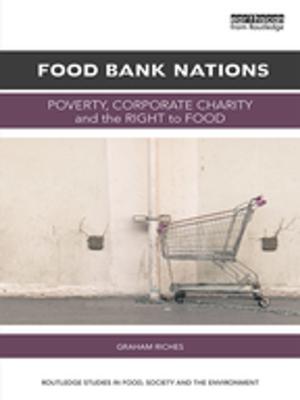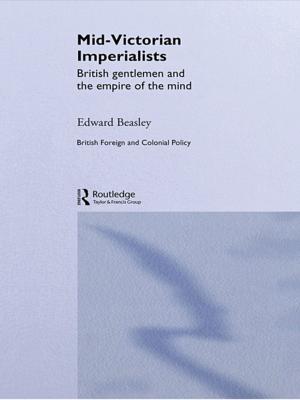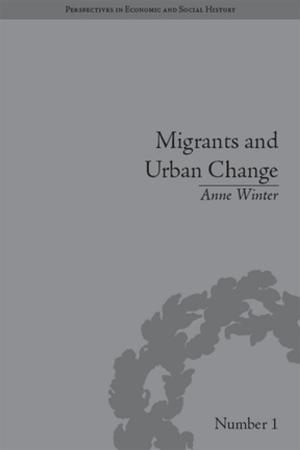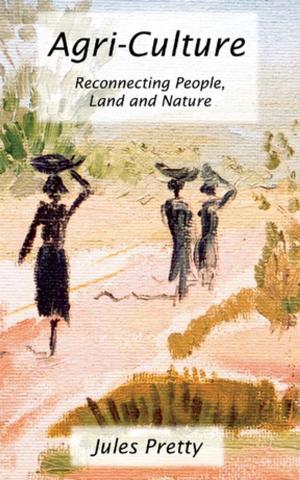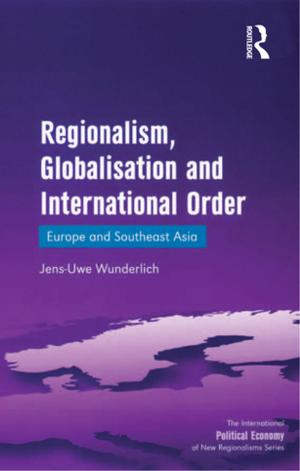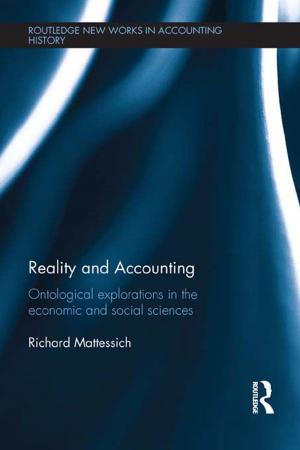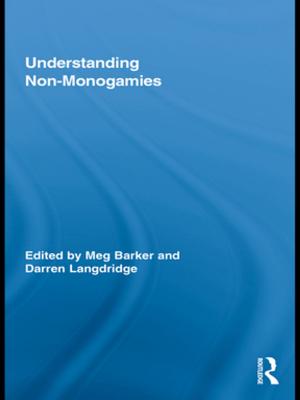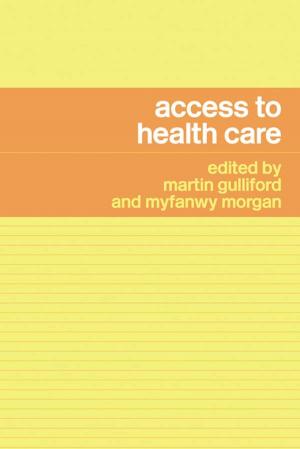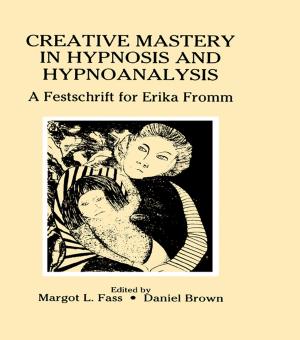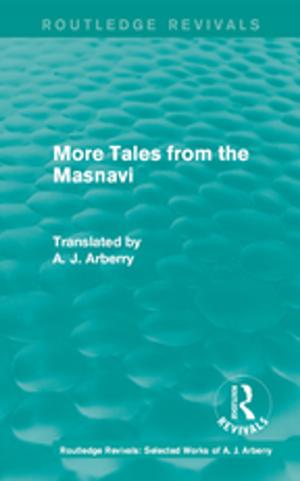La Vie d'Etienne le Jeune par Étienne le Diacre
Introduction, édition et Traduction
Nonfiction, History| Author: | Marie-France Auzépy | ISBN: | 9781351923774 |
| Publisher: | Taylor and Francis | Publication: | July 5, 2017 |
| Imprint: | Routledge | Language: | English |
| Author: | Marie-France Auzépy |
| ISBN: | 9781351923774 |
| Publisher: | Taylor and Francis |
| Publication: | July 5, 2017 |
| Imprint: | Routledge |
| Language: | English |
The Life of Stephen the Younger is one of the rare sources for Byzantium in the ’Dark Ages’ and one of the key witnesses to the history of Iconoclasm. This book presents a new edition of the text, together with a French translation and commentary, and an important introduction. Stephen was a hermit, killed in 765 at the order of the emperor Constantine V; his Life was written in 809, some forty years after the 7th Ecumenical Council, Nicaea II, at which Orthodoxy was affirmed. Professor Auzépy shows how the Life reflects the politics of the era, both those of the patriarchate on which the author depended, and of the female monastery near which Stephen had lived, and transforms the probable victim of a failed political plot into a Christ-like figure martyred by a diabolic emperor. La Vie d’Etienne le Jeune est une des rares sources sur l’histoire de Byzance durant le Haut Moyen-Age et un témoignage majeur de la querelle iconoclaste. Cet ouvrage, comprenant une importante introduction, présente une nouvelle édition du texte, accompagnée d’une traduction française annotée. Etienne est un ermite qui fut assassiné en 765 sur l’ordre de l’empereur Constantin V. Sa Vie fut écrite en 809, une quarantaine d’années après le septième concile Å“cuménique de Nicée II, au cours duquel fut affirmé l’Orthodoxie. Le professeur Auzépy démontre comment la Vie reflète les enjeux politiques de cette époque, ceux du patriarcat dont l’auteur dépendait comme ceux du monastère de femmes auprès duquel Etienne a vécu, et comment la Vie transforme son héros, probablement mis à mort dans le cadre d’un complot, en une figure de saint moine martyrisé par un empereur diabolique. Winner of the "Prix Charles Diehl de l'Académie des Inscriptions et Belles-Lettres 1999".
The Life of Stephen the Younger is one of the rare sources for Byzantium in the ’Dark Ages’ and one of the key witnesses to the history of Iconoclasm. This book presents a new edition of the text, together with a French translation and commentary, and an important introduction. Stephen was a hermit, killed in 765 at the order of the emperor Constantine V; his Life was written in 809, some forty years after the 7th Ecumenical Council, Nicaea II, at which Orthodoxy was affirmed. Professor Auzépy shows how the Life reflects the politics of the era, both those of the patriarchate on which the author depended, and of the female monastery near which Stephen had lived, and transforms the probable victim of a failed political plot into a Christ-like figure martyred by a diabolic emperor. La Vie d’Etienne le Jeune est une des rares sources sur l’histoire de Byzance durant le Haut Moyen-Age et un témoignage majeur de la querelle iconoclaste. Cet ouvrage, comprenant une importante introduction, présente une nouvelle édition du texte, accompagnée d’une traduction française annotée. Etienne est un ermite qui fut assassiné en 765 sur l’ordre de l’empereur Constantin V. Sa Vie fut écrite en 809, une quarantaine d’années après le septième concile Å“cuménique de Nicée II, au cours duquel fut affirmé l’Orthodoxie. Le professeur Auzépy démontre comment la Vie reflète les enjeux politiques de cette époque, ceux du patriarcat dont l’auteur dépendait comme ceux du monastère de femmes auprès duquel Etienne a vécu, et comment la Vie transforme son héros, probablement mis à mort dans le cadre d’un complot, en une figure de saint moine martyrisé par un empereur diabolique. Winner of the "Prix Charles Diehl de l'Académie des Inscriptions et Belles-Lettres 1999".
